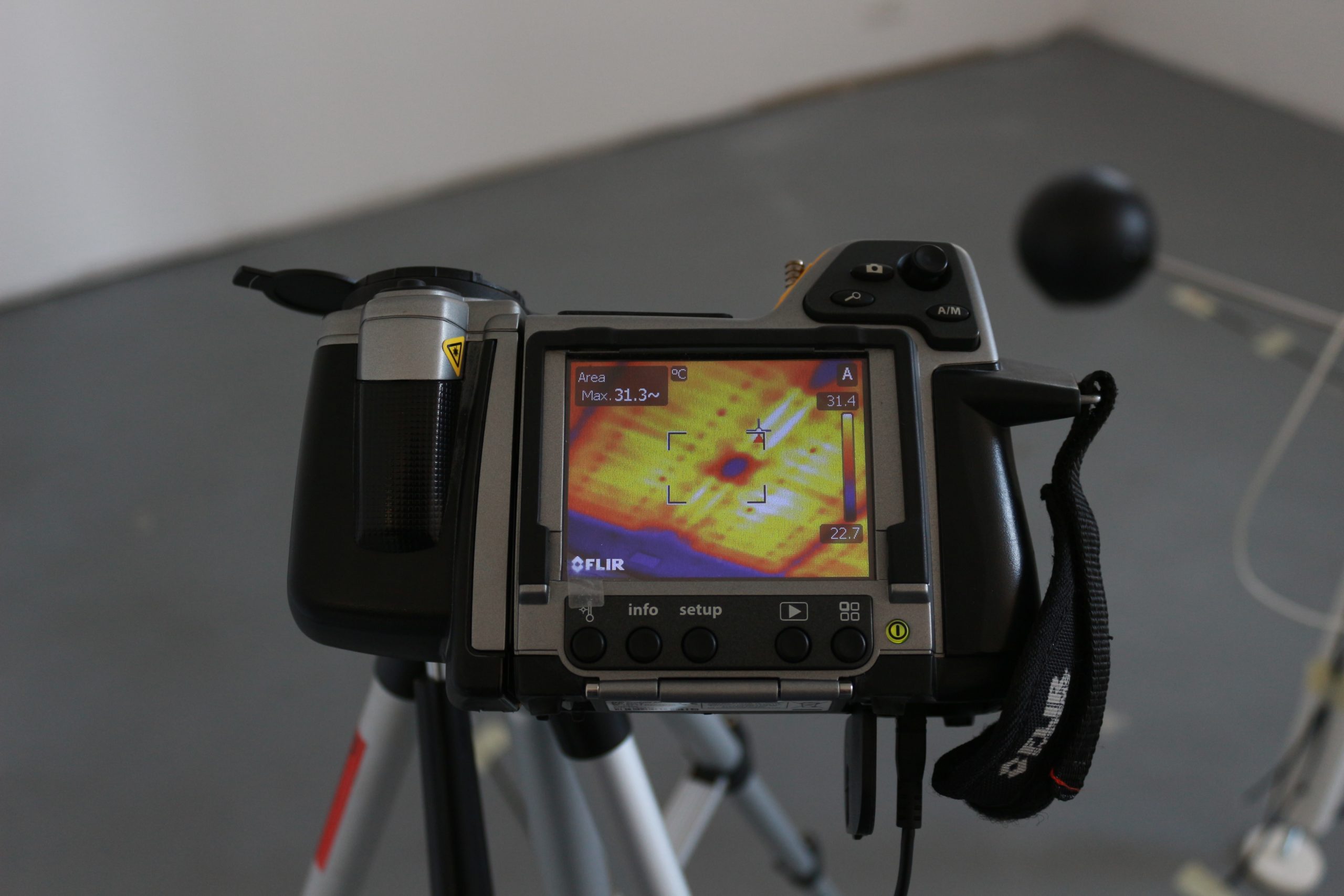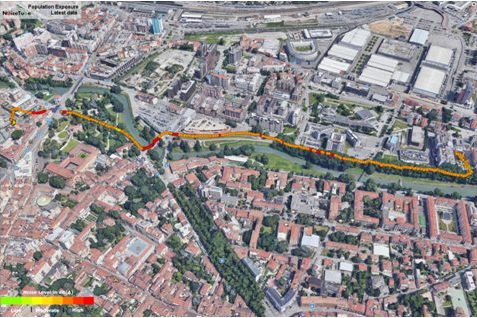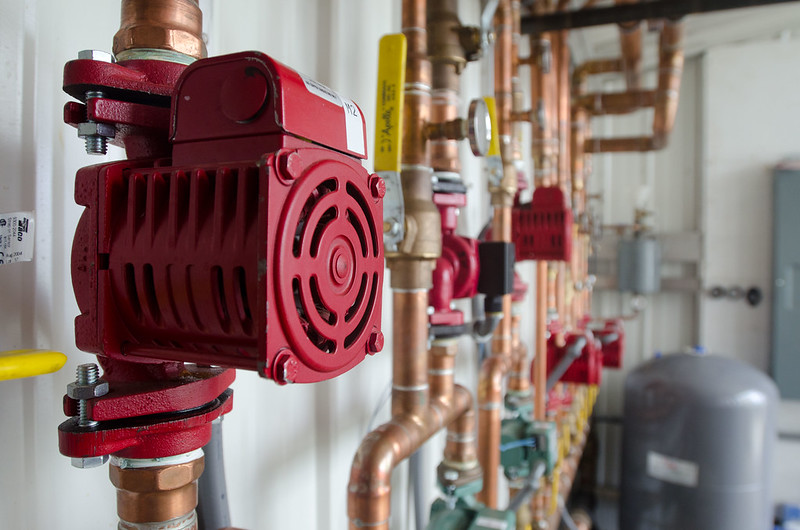Indoor Environmental Quality
People spend more than 90% of their time indoor. The indoor environment plays a key role in our comfort, health and productivity. Indoor Environmental Quality (IEQ) is hence extremely important. Thermal comfort, Indoor Air Quality, visual comfort and quiet environments are fundamental in current buildings. BETALAB group has been being working since long time in IEQ by means of in situ measurements. Today the laboratory CORE-CARE allows to analyse how the different parameters may affect well-being and productivity in an office room, by setting the different parameters and test panels of up to four persons. For residential buildings the living lab Unizeb allows to check the IEQ perceived by up to 3 occupants in a Zero Energy Building (ZEB).
LEARN MORE

Applied Acoustics & Sound Quality
Environmental noise is a worldwide problem. However, the way the problem is dealt with differs immensely from country to country and is very much dependent on culture, economy and politics. But the problem persists even in areas where extensive resources have been used for regulating, assessing and damping noise sources.
LEARN MOREEnergy Efficiency in Buildings
Buildings play a key role in modern society as most of human activities occur therein, with direct consequences on both health of the occupants and consumption of energy and related greenhouse gas emissions. According to the International Energy Agency (IEA), the buildings and buildings construction sectors combined are responsible for 36% of final energy consumption and nearly 40% of total CO2 emissions worldwide. This high energy consumption is due to high energy inefficiency of the building envelope and of the plant-system. For example, 35% of the EU’s buildings are over 50 years old and consequently great part of the building stock presents low energy performance.
BETALAB research group looks at energy performance of buildings with computer simulations (in house tools and commercial/research software) and also measurements in field. BETALAB members are pioneers in modelling and analysis of new elements for building envelope, efficient HVAC integrated systems, radiant systems, renewable energy sources, heat pumps, etc.


Urban Energy Systems
Buildings are responsible for over 40% of the final energy demand in Europe and for nearly 40% of total CO2 emissions worldwide. Building consumptions depend mainly on building HVAC and electrical systems.
At the same time, population of urban areas is expected grow and reach almost 70% of the global population by 2050 according to UN forecasts.
These data show that energy efficiency for the building sector, especially in cities, is one of the modern challenges to reduce carbon emissions, global warming and environmental impact worldwide.
At BETALAB, we address this challenge by developing models for simulating the energy needs of cities and we deploy these models within computer simulations to find practical and sustainable solutions for public and private decision makers.


